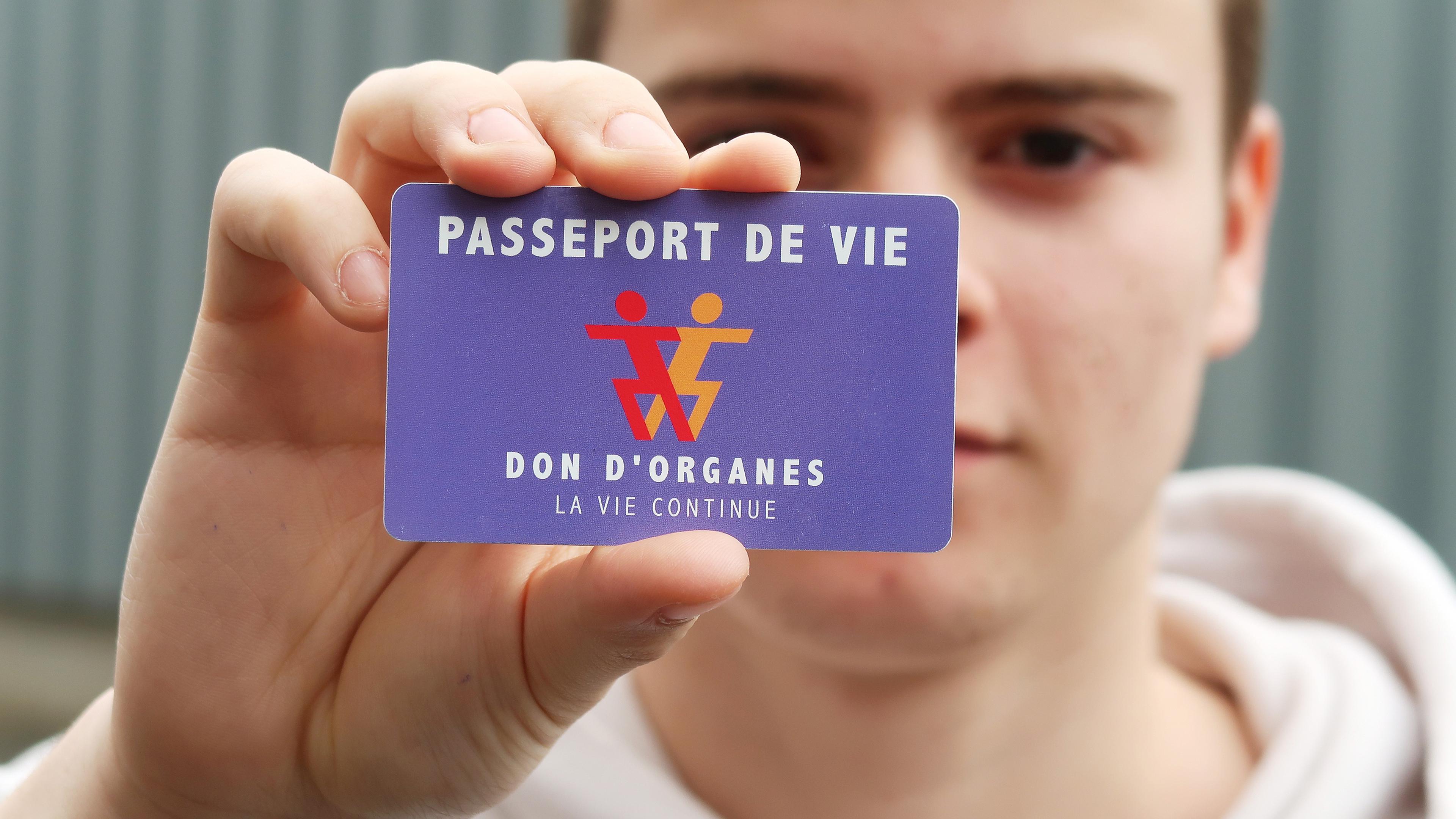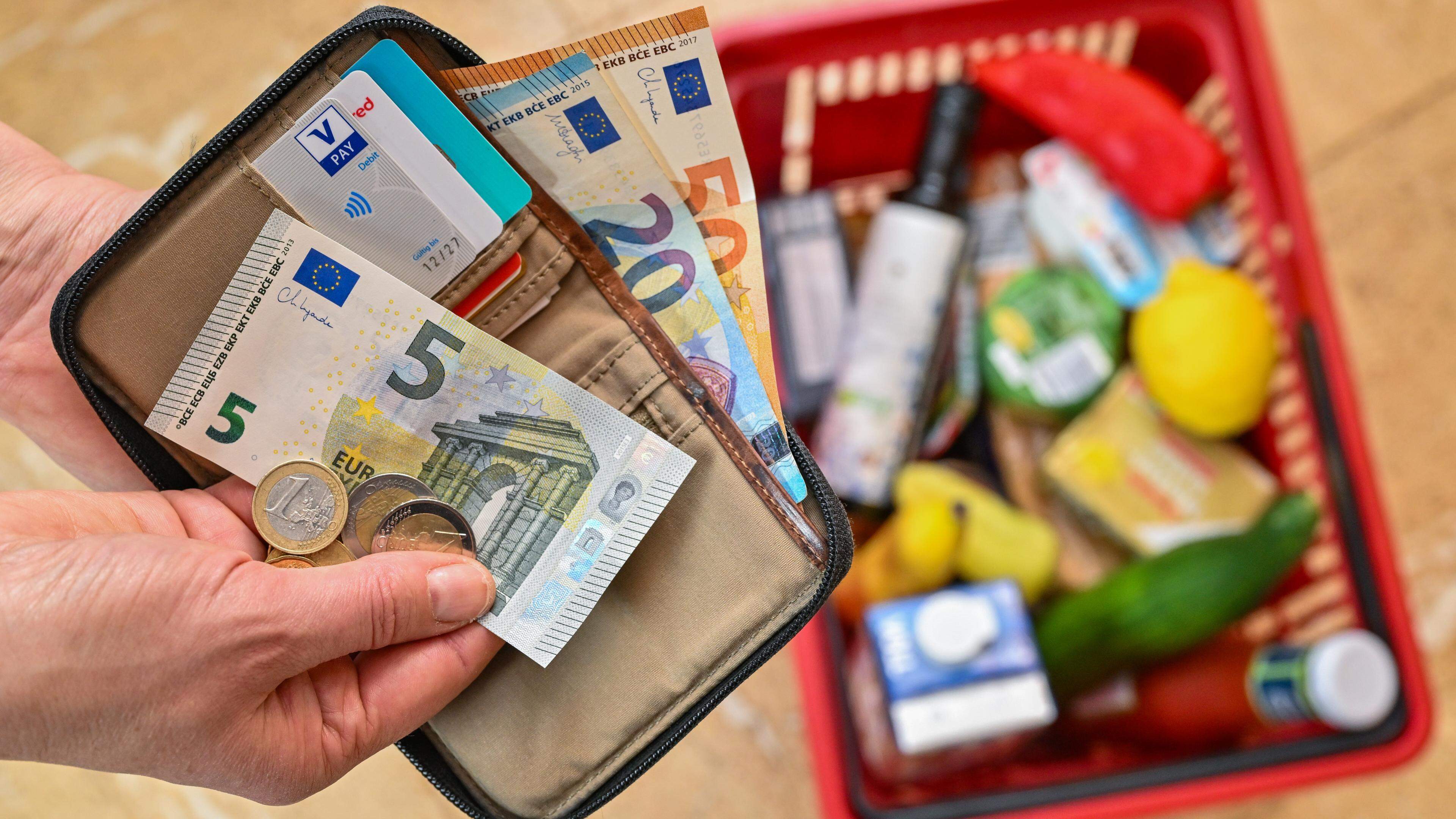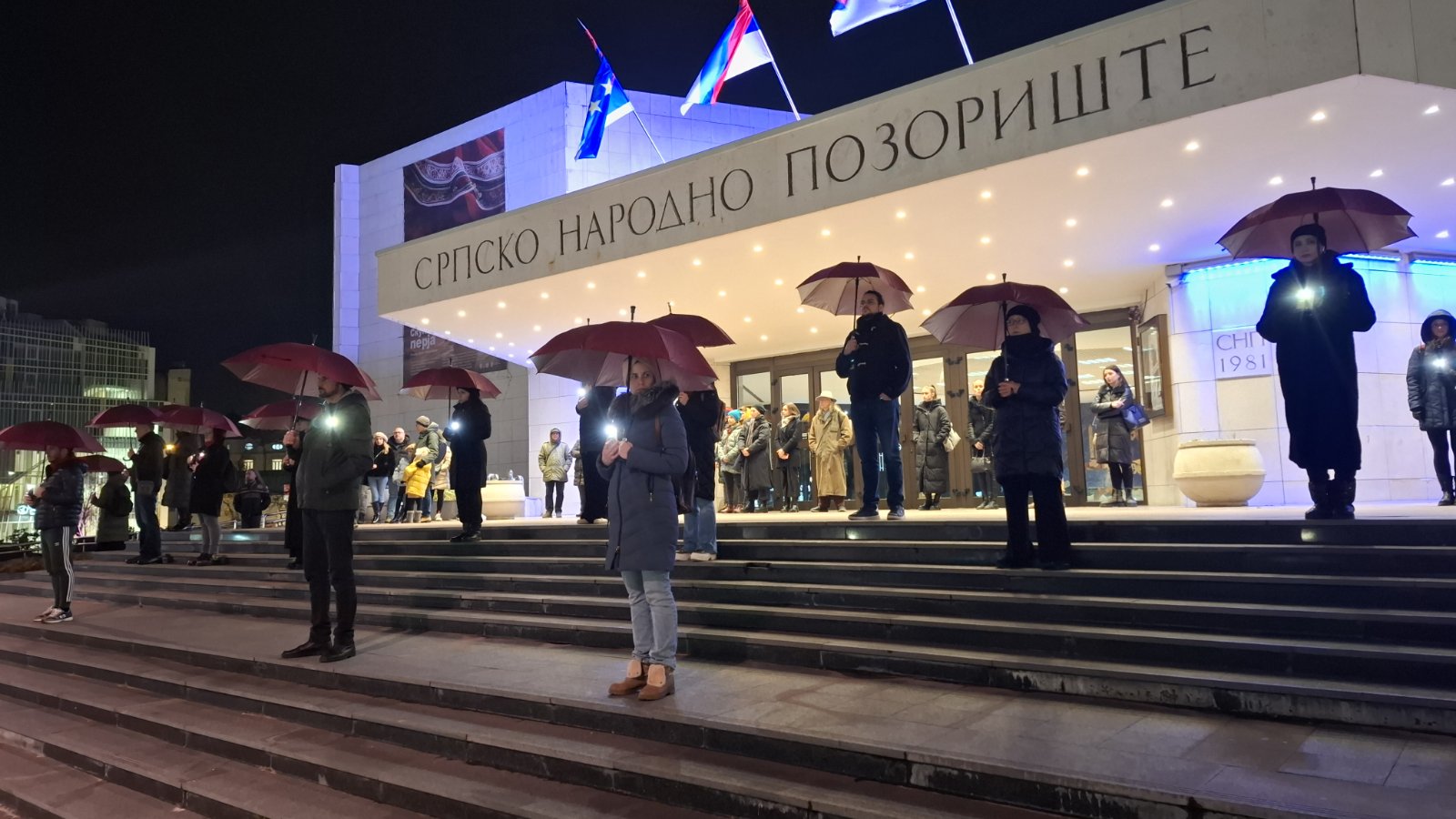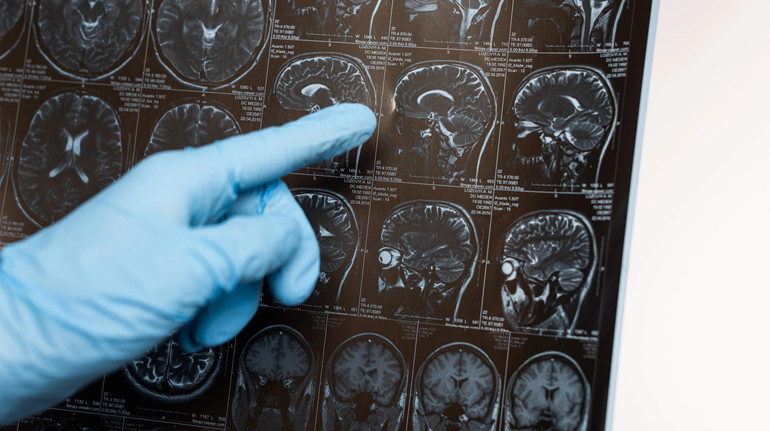Brain death and transplant: How an organ donation works and saves life

In Luxembourg, organ donation is clearly regulated by law: the so -called contradiction regulation has been in effect since November 25, 1982. Those who have not expressly object is considered a potential organ donor. The law is based on the principle of solidarity: Every person with the last official place of residence in the Grand Duchy can donate organs and tissues after death – unless they have rejected this in writing during their lifetime.
Despite this regulation, the conversation with the relatives is always sought in an emergency. Transplant coordinators clarify whether the will of the deceased is known. It is therefore important to make a personal decision, to share it with the family and ideally to carry a “Passeport de Vie”.
At a parliamentary request, Minister of Health Martine Deprez (CSV) explains that 29,812 people in Luxembourg had actively contradicted organ donation, while 55,904 had documented their consent. In Luxembourg there are currently about 80 people on the waiting list for organ donation – around 15 of which are given a graft every year.
The process of an organ donation
Organ donation is only possible under clearly defined medical requirements. In most cases there is brain death – for example after a serious accident or a brain hemorrhage. Two independent specialists or doctors determine this state according to strict criteria. Imaging methods can also be used to confirm the complete failure of the brain functions.
As soon as brain death has been determined, the German Organ Transplantation (DSO) Foundation is informed. She sends a coordinator who organizes the process together with the hospital staff and accompanies the relatives. Everything has to go very quickly within a few hours: the vital organs are taken surgically, prepared and brought to the right recipient to a transplant center outside of Luxembourg – in Luxembourg itself – apart from organ withdrawal – no transplants.
More and more people are ready to donate organs
What can be donated
A single donor can save several lives. The most frequently transplanted organs include kidney, liver, heart, lungs, pancreas and parts of the intestine. Fabrics such as cornea, skin, tendons or bone marrow can also be transplanted. The kidney is particularly needed. The donation takes place anonymously, free of charge and with dignity. The deceased’s body is treated with care before being handed over to the family for burial. Christianity, Islam and Judaism accept organ donation – if it serves the purpose of saving life.
In addition to organ donation after death, a living donation is also possible in Luxembourg – but only under certain conditions. A healthy person can donate one of their two kidneys to a close relative who suffers from chronic kidney failure. The kidney is the only organ that a person can pass on in a simple execution without being permanently restricted by health.
Liver donation is also possible from the liver, as it has the extraordinary ability to grow again after participation. Some of the liver – mostly the left or right liver lobes – can be donated to a nearby relative. This type of living donation is particularly common in children who only need a smaller organ volume.
Tips for healthy respiratory tract: How you can do your lung good
The decision to donate live is voluntary, free of charge and is subject to strict medical and ethical exams. It is only approved if there are no unreasonable risks for donors and recipients. A comprehensive medical education and care concept ensures that both sides are protected.
Organ donation – after brain death or during life – is an act of generosity and solidarity. Anyone who clarifies their attitude for organ donation at an early stage contributes to avoiding uncertainties in an emergency – and at best gives another person a second life.
Newsletter: healthy life
Every Thursday you will find information and tips for a healthy life in this newsletter.
You can unsubscribe at any time if you want that. You can find more information in our Data protection guideline.








